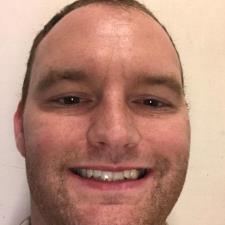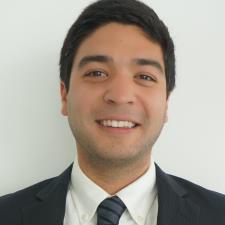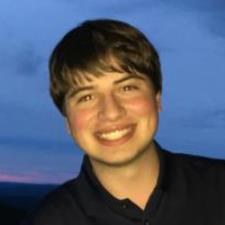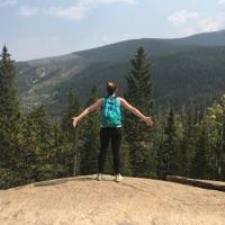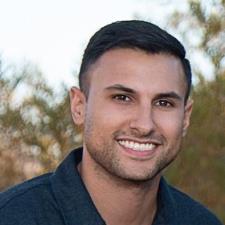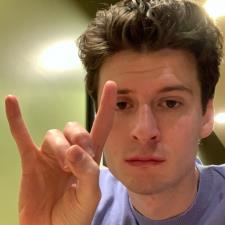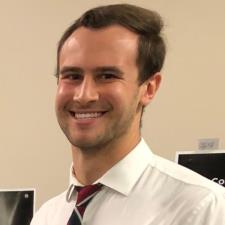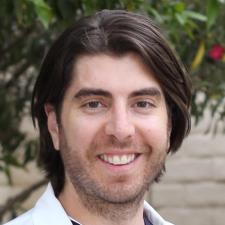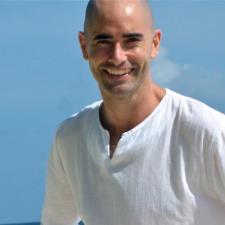584 Answered Questions for the topic physiology
Physiology
10/20/20
Describe the mechanism of action of atropine
2. Atropine is a naturally occurring substance produced by many plants, particularly those in the nightshade family (Solanaceae). As a drug, atropine has a wide array of therapeutic uses; it is on...
more
10/17/20
Question regarding bcaa branched chain amino acids?
I recently consumed high amounts of soya chunks for muscle growth while resistance training but recently i am suffering from depression. I recently red bcaa in high amounts blocks the pathways that...
more
Pharmacology Nervous System Question 3
Does the Parasympatholytic increase, decrease, or has no effect on:Blood flow to skeletal musclesBlood GlucoseBlood PressureBronchial Smooth MuscleDigestionHeart RateInsulinMucus...
more
Pharmacology Nervous System Question 2
Does the Sympatholytic increase, decrease, or has no effect on:Blood flow to skeletal musclesBlood GlucoseBlood PressureBronchial Smooth MuscleDigestionHeart RateInsulinMucus SecretionPupilsSalivation
more
Pharamacology Nervous System Question
Does the Parasympathomimetic effect increase, decrease, or has no effect:Blood flow to skeletal musclesBlood GlucoseBlood Pressure Bronchial Smooth MuscleDigestion Heart Rate InsulinMucus...
more
Physiology Science
09/29/20
What is the complete reflex loop for when someone sees something scary?
What is the reflex loop for when someone sees something scary? Receptor/sensor, input/afferent pathway, integrating center, etc. . .
Label The diagram A ⮂ B+C
A ⮂ B+Ca. Reactant (substrate) for hydrolysisb. Products of hydrolysisc. Reactants for synthesisd. Product of synthesis
08/29/20
Label the reversible chemical reaction diagram
A ⮂ B+Ca. Reactant (substrate) for hydrolysisb. Products of hydrolysisc. Reactants for synthesisd. Product of synthesis
Label the reversible chemical reaction diagram
A ⮂ B+C a. Reactant (substrate) for hydrolysisb. Products of hydrolysisc. Reactants for synthesisd. Product of synthesise. reaction arrow for hydrologic reaction f. Reaction arrow for synthetic...
more
08/19/20
Explain each of the following ; frontal plane, tranverse plane, sagittal plane, coronal plane, anterior, posterior, superior, inferior, dorsal, ventral, distal and proximal
These are medical terms refering to where something may be on a body.
Physiology
08/10/20
What is the primary difference between primary diabetes mellitus and secondary diabetes mellitus
Physiology
08/10/20
What is the primary difference between primary diabetes mellitus and secondary diabetes mellitus
Physiology
07/03/20
Physiology Antero-inferior Myocardial Infarction
Antero-inferior Myocardial InfarctionA 52-year-old man presented with the chief complaints of fatigue and difficulty breathing. During the history the patient reported that he had suffered some...
more
Physiology
06/24/20
CAM plants and C4 cycle
Q.No.3. What are obligate and facultative CAM plants? Explain with examples. What are C4 plants & C4 cycle?
Physiology
06/24/20
photophosphorylation
compare the non cyclic and cyclic photophosphorylation. Why cyclic phtotophosphorylation is essential for photosynthesis
Physiology
06/24/20
how the mechanisms of stomatal movement in plants was worked out by plant physiologists? explain all successive models including the most recent and accepted one
06/18/20
kinesiology question
3. A 36 years old male was referred to physical therapy clinic because of weakness in his right deltoid muscle; history taking reveled that patient had road traffic accident 3 month ago. On...
more
06/18/20
kinesiology question
2. A 15 years old boy with weakness of lower limb comes to physiotherapy OPD for rehabilitation. Upon examination therapist finds that patient is able to perform his activities in grade 3....
more
Physiology
06/14/20
Substitution of one amino acid for a different one in a given protein always significantly alters the confirmation of that protein
lub dub of the heart
When it comes to talking about the heart. I understand that lub means s1 and dub means s2. Next part systole is the cycle that includes s1 to s2 in that order. diastole is from s2 to s1 in that...
more
Anatomy & Physiology (MRNA & DNA)
Which nitrogenous bases would be found on the MRNA transcribed from a DNA strand with the following nucleotide sequence: AAA/TTT/GGG/CCC and why?
Anatomy and Physiology (DNA)
One DNA strand of Chromosome #12 has the following nucleotide sequence: TAC/CGC/CCT/TGC/GTA/CTC/ACT.What nitrogenous bases would be found on "the other DNA strand lying along side of it and why?"
Physiology Anatomy
05/12/20
What structure of the eye bends light?
Still looking for help? Get the right answer, fast.
Ask a question for free
Get a free answer to a quick problem.
Most questions answered within 4 hours.
OR
Find an Online Tutor Now
Choose an expert and meet online. No packages or subscriptions, pay only for the time you need.





